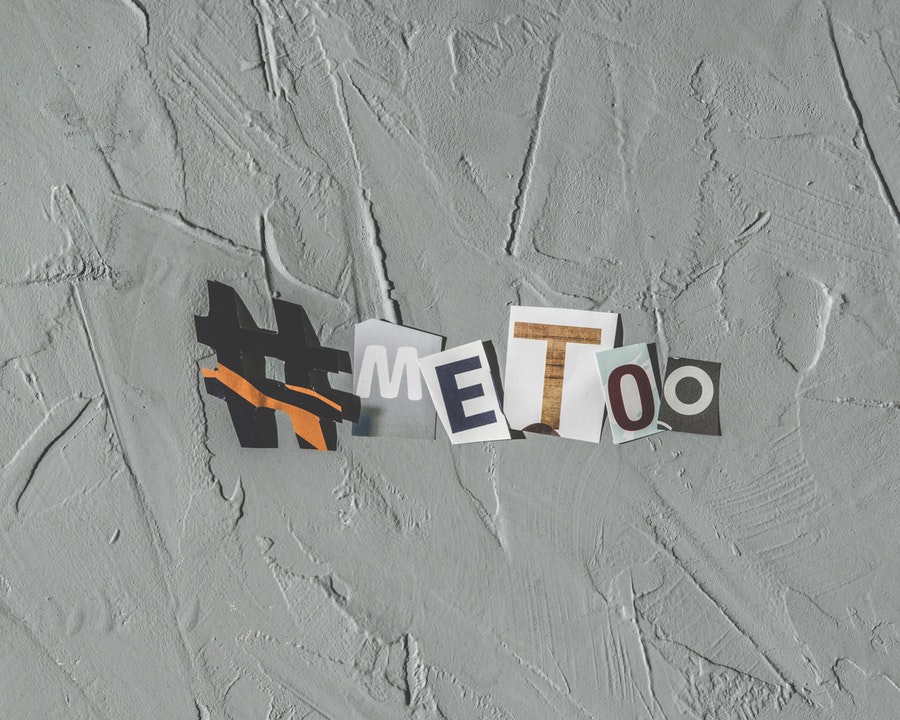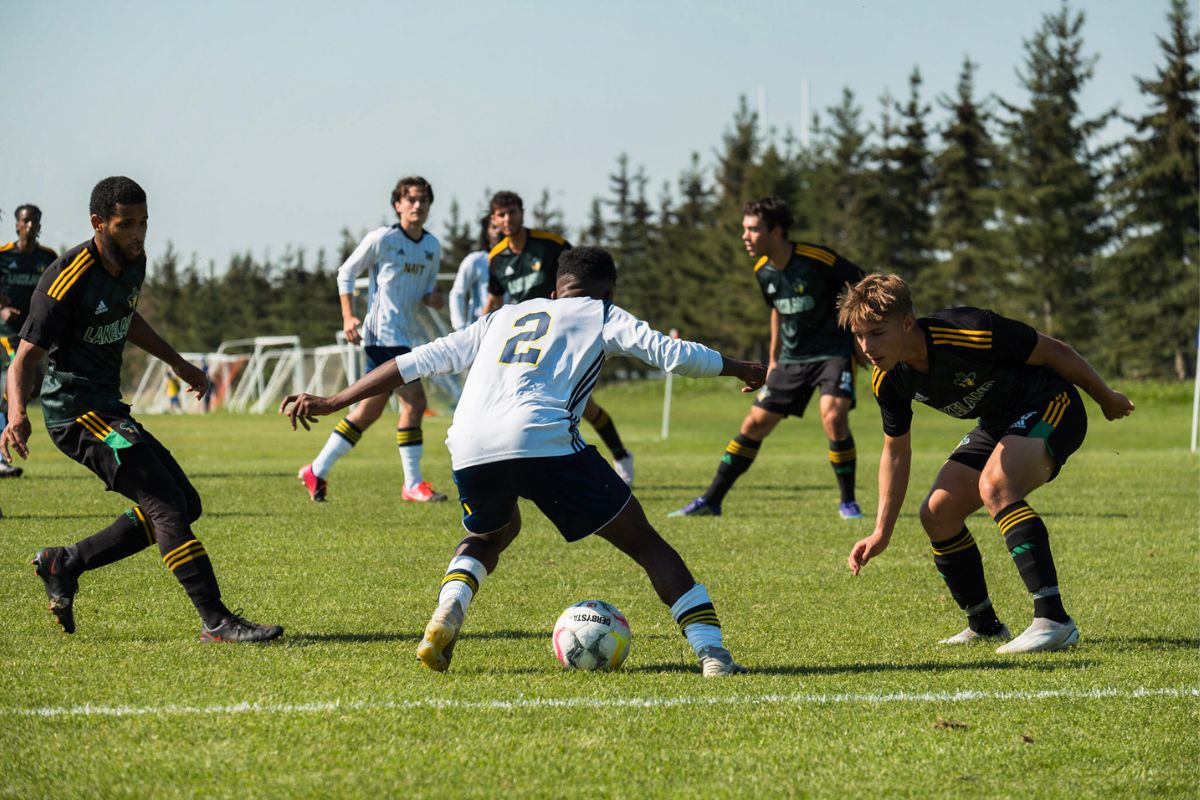You have probably noticed the #MeToo hashtag that was spread on social media by millions of women worldwide in late October. The 2017 wave began when celebrity Alyssa Milano posted a tweet, suggesting use of the hashtag as a way to “give people a sense of the magnitude of the problem,” in reference to the sexual assault claims against film producer Harvey Weinstein. The hashtag took off immediately; in less than 24 hours after the trend began, Facebook reported 4.7 million participating in the online conversation. Now, only a few weeks after the movement began, the use of the #metoo hashtag has been reduced significantly. The social media tsunami is settling and can we honestly claim that any significant social changes have been made?
While you might believe the #MeToo movement is brand new, it was launched in 2007 by activist Tarana Black. Black founded the campaign Just Be Inc., with the catchphrase “Me Too,” in an effort to reach those who’d been affected by sexual assault in communities of colour. Despite its decade long existence, Me Too did not take off until privileged celebrity Milano tweeted it.
We’ve seen similar online movements in the past decade, due to the convenience and easy access to social media. People demonstrate support for a cause by posting a photo or sharing a hashtag but how many actually take something away from the campaign? How many actually attempt to raise money for the cause? Sharing a hashtag makes little difference outside of the social media hole.
The #MeToo hashtag has been used predominantly by women online to show that they have been affected and offer their support to others. It’s been reported that 54 per cent of women in America have experienced sexual harassment or assault, while a shocking 95 per cent of men get off scot free. We already know that sexual assault is a problem; this is not new information. What needs to be changed is the stigma that surrounds assault and the measures taken to hold those responsible accountable for their actions. In order to do this, a movement against sexual harassment needs to involve men as well as women.
While I absolutely agree that no woman is ever at fault for being assaulted, I think the battle language used in the campaign runs the risk of disempowering women. Terms like “survivor” and “victim” are used to describe those who’ve experienced sexual assault, suggesting that women are powerless and defenceless. This excludes men from the act, creating the idea that it is the responsibility of women alone to stop sexual harassment and assault, when in reality the core of the problem is broken male ideology surrounding women. In order to reduce and terminate sexual crimes against women, reverting traditional gender roles is necessary. A simple hashtag is not going to teach men the appropriate behaviour towards women. It is simply not enough to change the male rhetoric on the perspective and treatment of women.
Stereotypes surrounding women’s bodies are frustratingly persistent in media. Women’s bodies are often used to market unhealthy foods, yet women are constantly pressured to lose weight with the latest fad diet or supplement. Despite commonly representing women as sexual beings in popular media, television and films, women are taught from a young age to feel shameful about their sexuality. While men are celebrated for their sexual experiences, words like slut and whore are thrown at women that society deems too promiscuous. The “boys will be boys” slogan still exists and variations of it are uttered by women of all ages to dismiss inappropriate male behaviour. Despite our progressive society, gender stereotypes are rampant, and the problem of sexual assault will not cease until these stereotypes are amended.
In 2014, numerous women came forward with sexual assault allegations against popular CBC host Jian Ghomeshi. Two years later, charges against Ghomeshi were withdrawn in exchange for a signed peace bond (essentially a slap on the wrist). In 2016, wealthy American college student Brock Turner spent just three months in prison for raping an unconscious
female. In the same year, now President Trump made headlines bragging about his power over women with the catchphrase “just grab them by the pussy.”
It’s clear that society supports the notion that the more power a man possesses, the more entitled he has become. It’s unlikely that any powerful men who have been guilty of sexual harassment or worse over the years would reconsider their actions because of the brief #MeToo trend.
I did not participate in the online campaign. I have been the receiver of inappropriate
sexual comments, had men whistle at me, arrogantly believing they were doing me a favour and had male co-workers talk to my chest instead of my face. But will sharing and retweeting #MeToo change any of that? While I recognize and agree that sexual harassment and assault are prevalent problems in society, it’s going to take a lot more than a five-letter short lived social media hashtag to solve a problem that’s been carved in society for thousands of years.
– Shawna Bannerman, Assistant Editor





